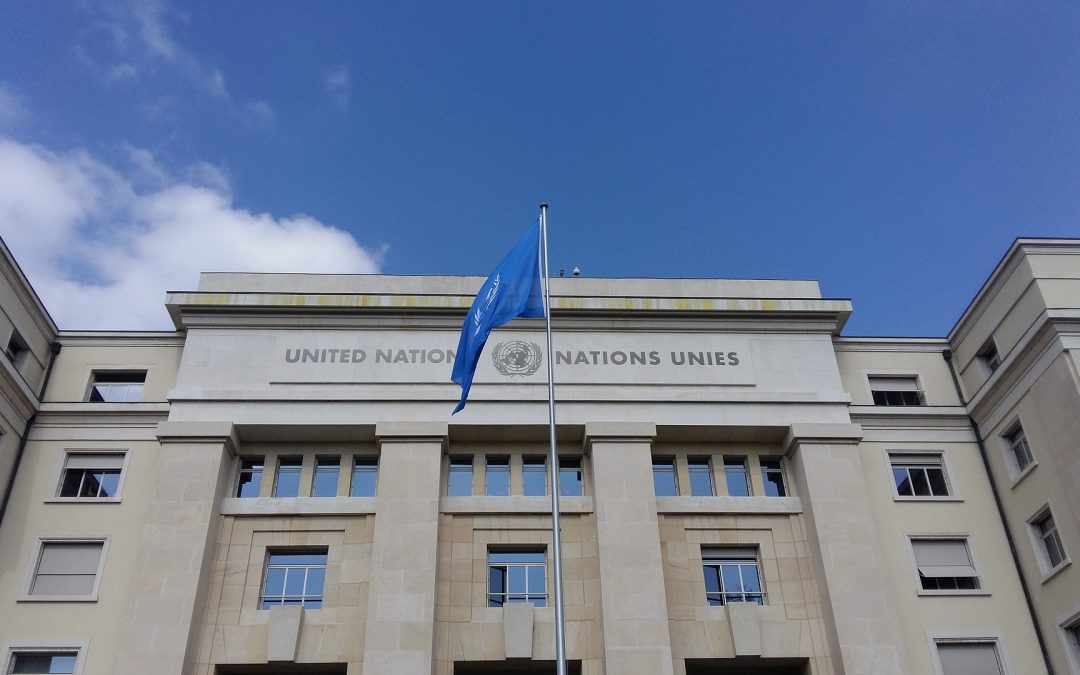FIDH, 2016
With this Guide, FIDH seeks to provide a practical tool for victims and their representatives, NGOs and other civil society groups, including unions, social movements, and activists, to seek justice and obtain reparation for victims of human rights abuses involving multinational corporations.
The 600-plus page Guide explores the different avenues available to victims, including judicial and non-judicial recourse mechanisms. It focuses primarily on violations committed in third countries by or with the support of a transnational corporation, its subsidiaries or its commercial partners.
“FIDH’s guide on corporate accountability has become a clear reference in the business and human rights field. In providing information about some of the judicial and non-judicial options available for serious human rights violations, the Guide aims to level the playing field somewhat between powerful corporations implicated in human rights abuses and the individual and communities on the receiving end of their unlawful conduct,” said Katherine Gallagher, FIDH Vice President and Senior Staff Attorney at the Center for Constitutional Rights.
Seven years after the first publication of this guide, the situation remains dishearteningly unchanged: access to justice for victims of corporate abuse remains largely an illusion and impunity prevails in far too many cases. On every continent, victims of human rights violations and serious environmental damage directly linked to the economic activities of business enterprises, still struggle to obtain justice and reparations.
The Guide is comprised of five sections, which each examine a different avenue for redress, including intergovernmental mechanisms, legal options, mediation mechanisms such as the OECD National Contact Points, complaints mechanisms stemming from financial support received by companies and mechanisms that can be explored according to voluntary commitments taken by companies.
The Guide also reminds us that to date, none of the existing mechanisms can fully live up to the meaning of an effective remedy. Access to effective remedy must be at the heart of current and future normative developments at the international, regional and national level.
“This update is a call for action: making use of these mechanisms helps rendering them more effective and may lead to obtaining results for those affected,” said Karim Lahdji, FIDH president
- Section I: Intergovernmental mechanisms
- United Nations
- ILO mechanisms
- Regional mechanisms
- Section II: Judicial mechanisms
- Extraterritorial civil liability
- Extraterritorial criminal liability
- Section III: Mediation mechanisms
- OECD Guidelines
- National human rights institutions
- Ombudsmen
- Section IV: Funders and financial institutions
- International financial institutions
- Export credit agencies
- Private banks
- Company shareholders
- Section V: Voluntary commitments as a tool for accountability
- CSR initiatives
- International framework agreements
- Voluntary commitments and legal action



Recent Comments